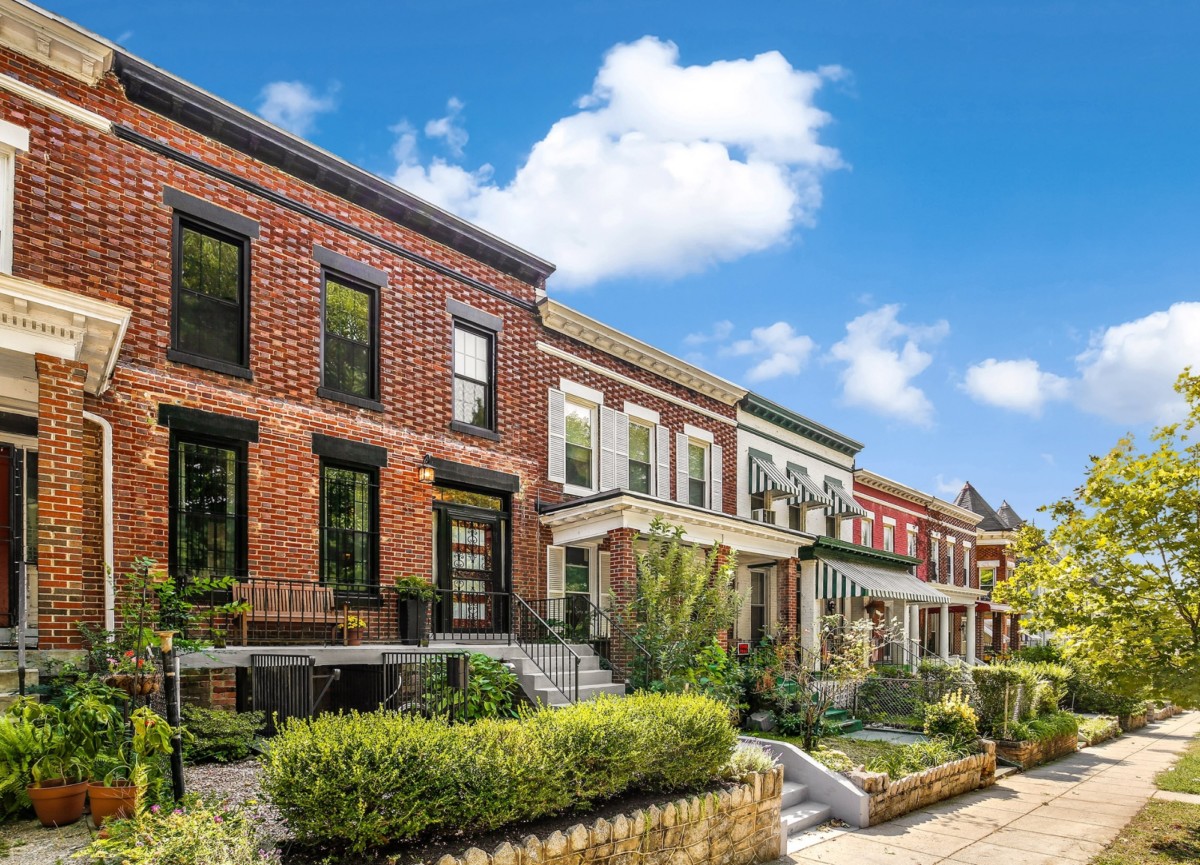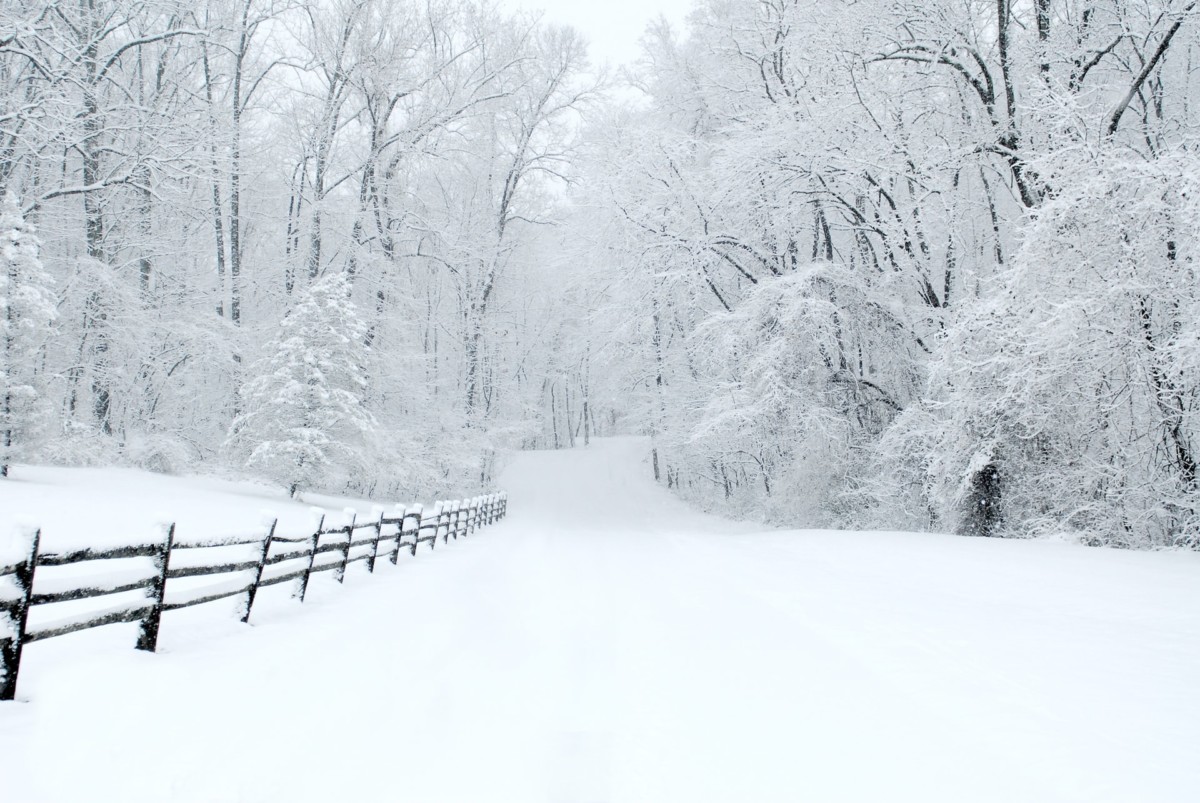10 Pros and Cons of Living in Pennsylvania
Pennsylvania, also known as the Keystone State, is one of the most populous states in the US. It’s the 33rd largest state by land area and has a population of over 12 million people. Pennsylvania offers both big city living and small-town charm, and with its location, residents can travel to surrounding states like New York in no time. From the bustling metropolis of Philadelphia to the scenic farmlands of Lancaster, it has something for everyone.
Thinking of buying a home in Harrisburg or renting an apartment in Pittsburgh? Here are the 10 pros and cons of living in Pennsylvania to help you decide if this state is right for you.

Pros of living in Pennsylvania
1. Foodies will love Pennsylvania’s culinary scene
Pennsylvania is home to various culinary delights featuring both local and international flavors. From the famous Philly cheesesteak and Amish country’s whoopie pies to Pittsburgh’s Primanti Brothers sandwiches, there is something for everyone’s taste buds. Try Fig & Ash or Morcilla if you decide to move to Pittsburgh. If you’re living in West Chester you don’t want to miss checking out Limoncello Ristorante & Caterers or Four Dogs Tavern.
2. Pennsylvania has a diverse economy
Several major industries, including agriculture, manufacturing, healthcare, and tourism make up Pennsylvania’s diverse economy. There are many large companies in Pennsylvania including Aramark, Comcast, and Genesis HealthCare. The diverse economy provides residents with various job opportunities and stability. The economy is expected to grow in the upcoming years, so If you’re looking for a job, Pennsylvania is a great place to consider relocating to.

3. Low cost of living
Pennsylvania has a median sale price of $290,700, a lot lower than its neighbors like New York, with a median sale price of $559,900. It doesn’t stop at home prices – even rental prices are lower. Look at one of Pennsylvania’s popular cities, Harrisburg, where a two-bedroom apartment averages around $1,450. Next door in Newark, NJ, a two-bedroom apartment averages $2,450. With the location of Pennsylvania, you’ll be able to reap the benefits of affordable living while being close to largely populated cities in neighboring states.
4. Public transit is available in many areas
Pennsylvania’s extensive public transit system makes it easy to get around without a car. The state’s largest city, Philadelphia, has a comprehensive transit system, including buses, trolleys, and trains. You can also find a light rail system in Pittsburgh which connects the city’s downtown with the surrounding suburbs. Other cities, such as Harrisburg and Scranton, have public transit systems that make movement easy and convenient.
5. Natural disasters aren’t common
Pennsylvania is an excellent state to call home if you are worried about natural disasters. It’s located in the middle of the country, making it less susceptible to hurricanes or other tropical storms. While the state gets snowfall in the winter, it’s not enough to cause significant disruptions.
Cons of living in Pennsylvania
1. There’s no ocean access
While there is no direct access to the ocean, Pennsylvania is full of many lakes and rivers. Pennsylvania borders Lake Erie, a popular destination for those looking to cool off. If you love the beach, be prepared to travel out of state to enjoy the sand and surf.

2. The winters are long and cold
The winters in Pennsylvania are long and cold, with temperatures dipping below freezing. The state is located in the Northeastern part of the country, which experiences colder weather than other parts of the US. The snowfall is also heavy, making it challenging to get around. If you don’t mind bundling up, you’ll enjoy Pennsylvania’s winter activities, such as sledding, skiing, and ice skating.
3. There’s a lot of traffic
The state of Pennsylvania has a lot of traffic, especially in the larger cities. Philadelphia and Pittsburgh are ranked among the most traffic-congested cities in the world. This traffic is a major annoyance if you try to get around during rush hour.
The population of Pennsylvania is also growing, adding to the traffic problem. If you are worried about traffic in major cities such as Philadelphia, consider living in smaller towns or suburbs like Allentown.
4. Pennsylvania has unusual liquor laws
The state has a monopoly on the sale of liquor, which means you can only purchase wine and beer from state-owned stores. The stores have limited hours and are closed on Sundays. If you want to buy liquor on a Sunday, you must go to a bar or restaurant. The state also limits the amount of alcohol you can buy at one time.

5. Infrastructure is old
The Keystone State has a lot of old infrastructures that require repair. The roads and bridges are in poor condition, making driving challenging. Although Federal funds will help repair these ongoing problems, the lack of investment in these conditions will further delay the improvement.
Pros and cons of living in Pennsylvania: Bottom line
There’s a lot that Pennsylvania offers its residents, from a rich history and beautiful sceneries to diverse cities and towns. Its central location makes it a great place to live if you’re looking for great transportation to popular neighboring states. Weigh the pros and cons of living in Pennsylvania to decide if this is the right place to call home.
Methodology
Median home sale price data was pulled from the US Housing Market resource during July 2022.
Explore more Pennsylvania articles:
Top Reasons to Move to Philadelphia
Top Reasons to Move to Pittsburgh
The post 10 Pros and Cons of Living in Pennsylvania appeared first on Redfin | Real Estate Tips for Home Buying, Selling & More.
